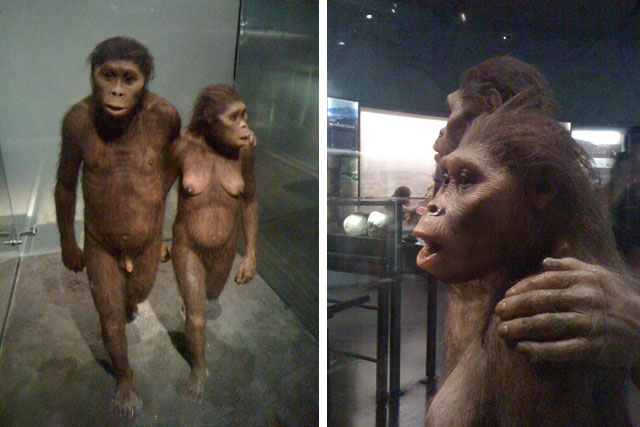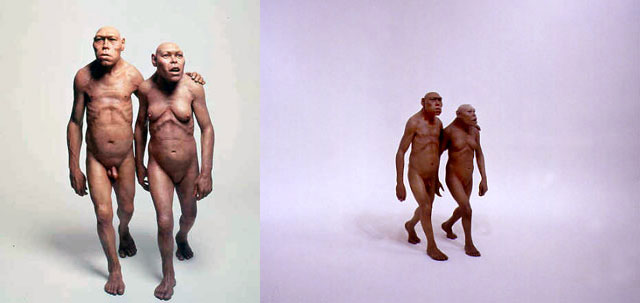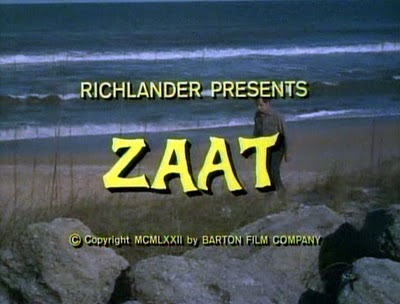I feel coming between you and me still a difference. You tend very quickly to stress an authentically Spinozist concept, that of the tendency to persevere in being. The last time, you spoke to me about the conatus, i.e. the tendency to persevere in being, and you asked me: what don’t you do it? I responded that for the moment I cannot introduce it because, in my reading, I am stressing other Spinozist concepts, and the tendency to persevere in being, I will derive it from other concepts which are for me the essential concepts, those of power (puissance) and affect. Today, you return to the same theme. There is not even room for a discussion, you would propose another reading, i.e. a differently accentuated reading. As for the problem of the reasonable man and the insane man, I will respond exactly thus: what distinguishes the insane person and the reasonable one according to Spinoza, and conversely at the same time, there is: what doesn’t distinguish them? From which point of view can they not be distinguished, from which point of view do they have to be distinguished? I would say, for my reading, that Spinoza‚s response is very rigorous.
If I summarize Spinoza’s response, it seems to me that this summary would be this: from a certain point of view, there is no reason to make a distinction between the reasonable man and the insane person. From another point of view, there is a reason to make a distinction.
Firstly, from the point of view of power, there is no reason to introduce a distinction between the reasonable man and the insane man. What does that mean? Does that mean that they have the same power? No, it doesn‚t mean that they have the same power, but it means that each one, as much as there is in him, realises or exercises his power. I.e. each one, as much as there is in him, endeavours [s‚efforce] to persevere in his being. Therefore, from the point of view of power, insofar as each, according to natural right, endeavours to persevere in his being, i.e. exercise his power — you see I always put effort‚ between brackets — it is not that he tries to persevere, in any way, he perseveres in his being as much as there is in him, this is why I do not like the idea of conatus, the idea of effort, which does not translate Spinoza‚s thought because what it calls an effort to persevere in being is the fact that I exercise my power at each moment, as much as there is in me. It is not an effort, but from the point of view of power, therefore, I can not at all say what each one is worth, because each one would have the same power, in effect the power of the insane man is not the same as that of the reasonable one, but what there is in common between the two is that, whatever the power, each exercises his own. Therefore, from this point of view, I would not say that the reasonable man is better than the insane one. I cannot, I have no way of saying that: each has a power, each exercises as much power as there is in him. It is natural right, it is the world of nature. From this point of view, I could not establish any difference in quality between the reasonable man and the insane one.
But from another point of view, I know very well that the reasonable man is better‚ than the insane one. Better, what does that mean? More powerful, in the Spinozist sense of the word. Therefore, from this second point of view, I must make and I do make a distinction between the reasonable man and the insane one. What is this point of view? My response, according to Spinoza, would be exactly this: from the point of view of power, you have no reason to distinguish the reasonable man and the insane one, but from the other point of view, namely that of the affects, you distinguish the reasonable man and the insane one.
From where does this other point of view come? You remember that power is always actual, it is always exercised. It is the affects that exercise them. The affects are the exercises of power, what I experience in action or passion, it is this which exercises my power, at every moment. If the reasonable man and the insane one are distinguished, it is not by means of power, each one realises his power, it is by means of the affects. The affects of the reasonable man are not the same as those of the insane one. Hence the whole problem of reason will be converted by Spinoza into a special case of the more general problem of the affects. Reason indicates a certain type of affect.
{ Gilles Deleuze, Course on Spinoza, 1980 | Continue reading }

























